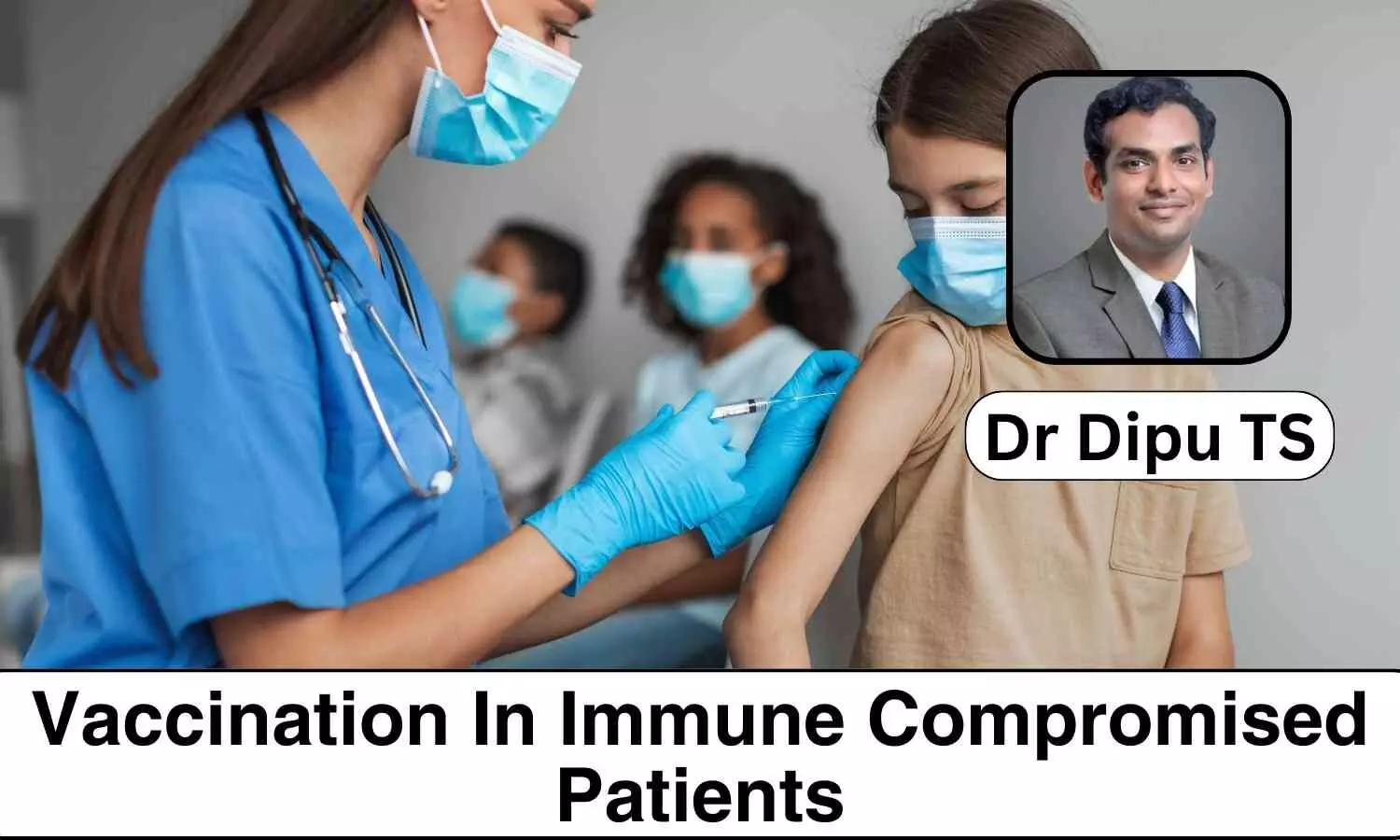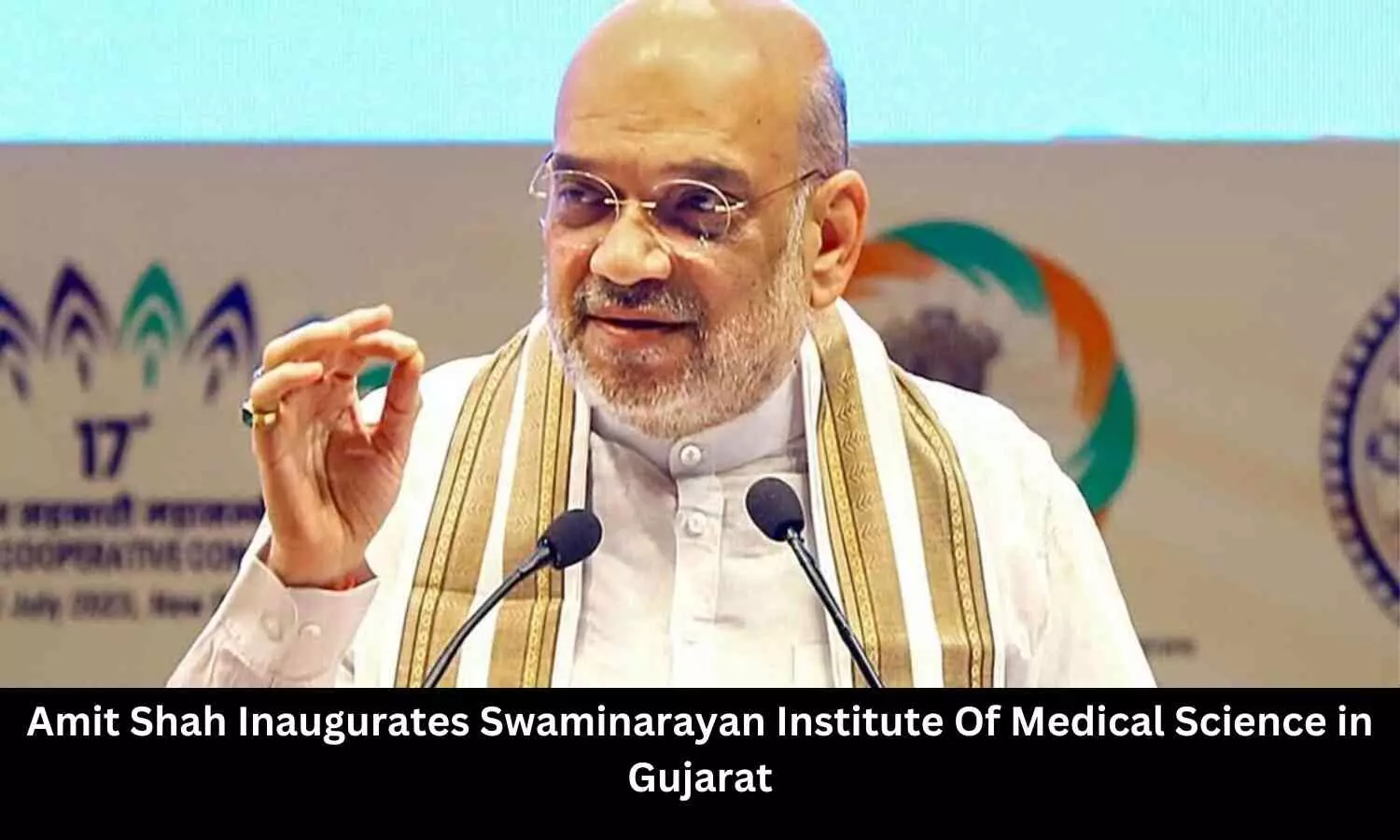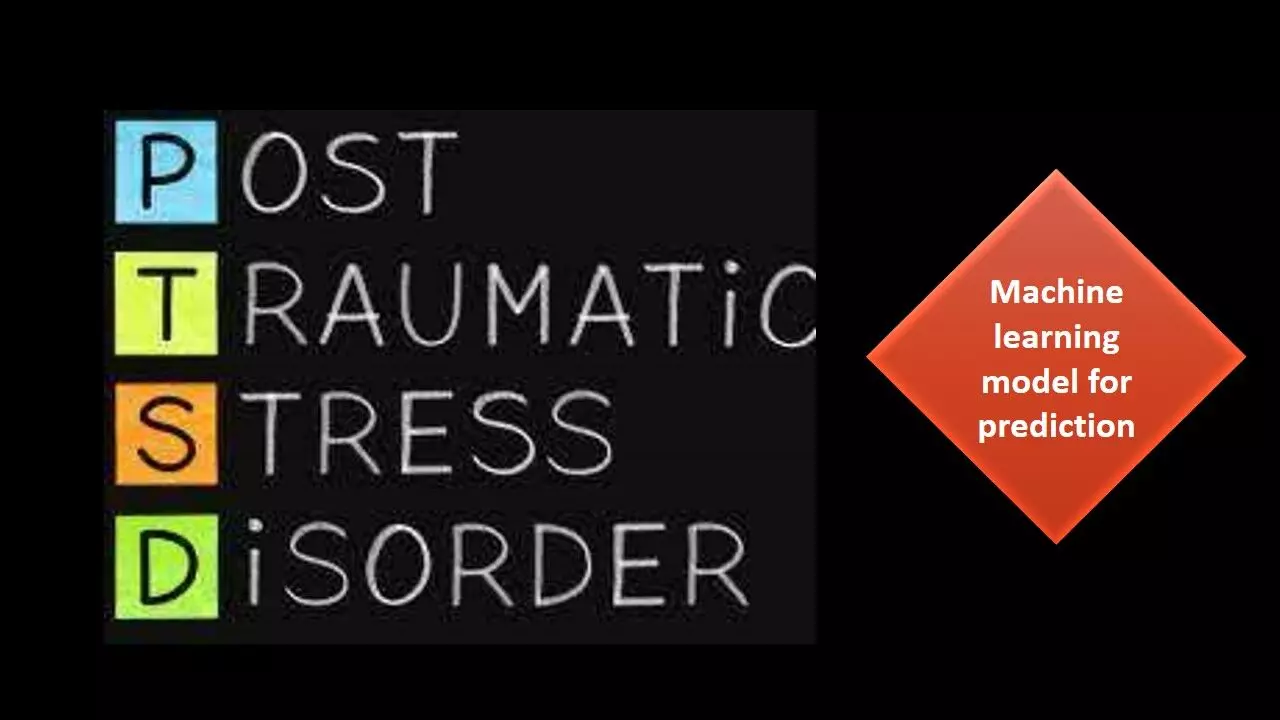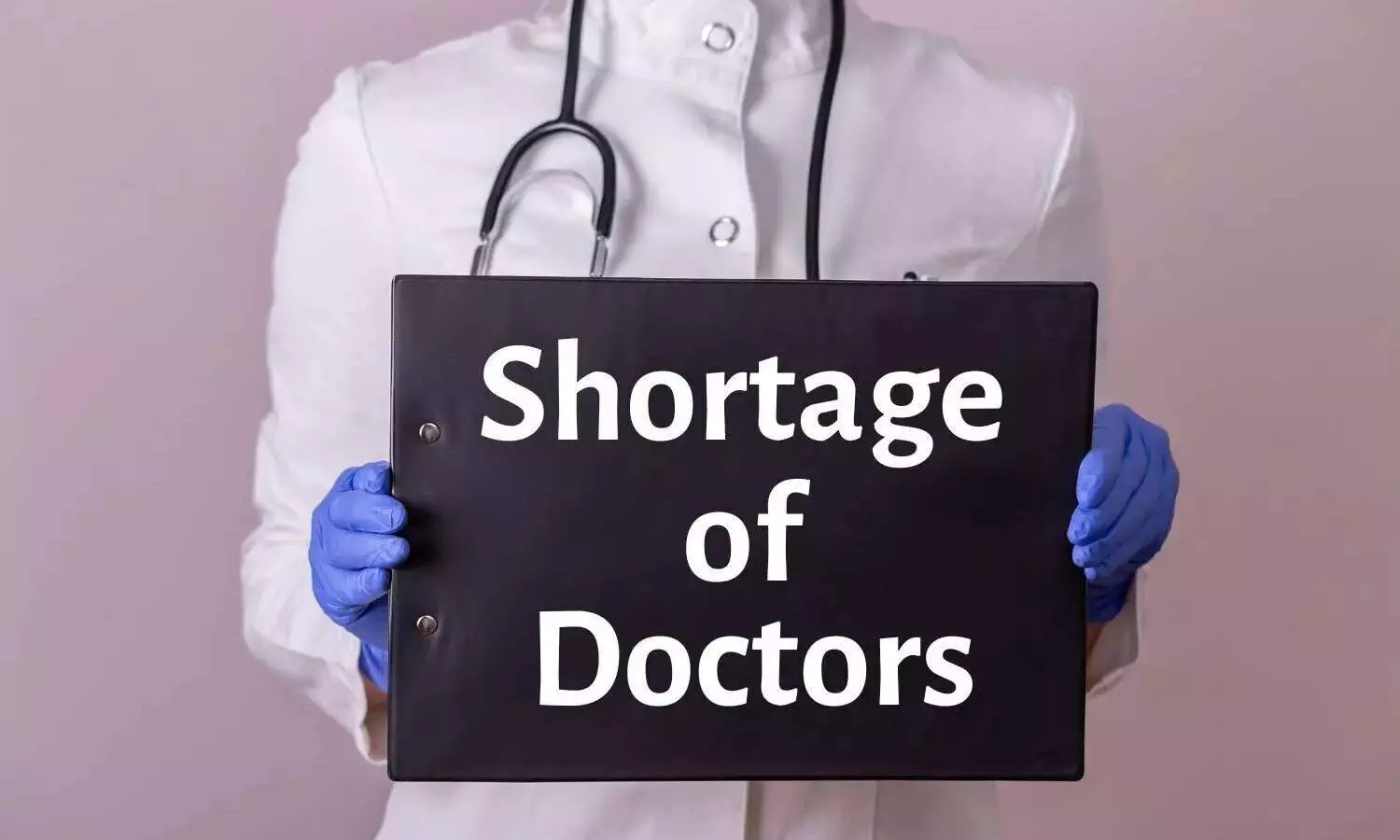Role of Vaccination in Immune Compromised Patients – Dr Dipu TS

Vaccination plays a pivotal role in protecting
immunocompromised individuals from potential infections, given their
compromised immune status. The effectiveness of vaccines, however, largely
depends on the robustness of the immune system, presenting a significant
challenge in this context.
Immunocompromised persons are at an elevated risk of
contracting infections, underscoring the critical need for vaccination as a key
mitigation strategy. Yet, the weakened immune response typical of such
individuals may not suffice to prevent vaccine-preventable diseases,
highlighting a unique and pressing dilemma.
Historical successes in vaccination, such as
the cowpox vaccine’s cross-immunity to smallpox, demonstrate the importance of
a responsive immune system to the effectiveness of vaccinations. This principle
applies equally to the immunocompromised, for whom achieving a sufficient
immune response through vaccination can be particularly challenging.
The
administration of live vaccines, which are attenuated strains designed to
enhance immunity without causing disease in immunocompetent individuals, poses
a significant risk. In immunocompromised patients, the replication of these
strains could proceed unchecked, leading to severe health implications, thereby
rendering live vaccines like MMR, Polio, and Varicella unsuitable for this
population.
The limitations in vaccine options for
immunocompromised individuals further complicate their protection strategy.
Ensuring the persistence of immunity poses an additional hurdle; even when an
immune response is initially achieved, sustaining the vaccine’s effectiveness
over time can be challenging.
This underscores the importance of monitoring
specific immune responses, such as antibodies and T-cell mediated reactions,
and the necessity for repeated vaccine boosters to counteract the decline in
immunity. For certain conditions, such as after a splenectomy, revaccination
protocols are specifically recommended to maintain protective immunity levels.
Preventing vaccine-preventable diseases is
paramount for the immunocompromised, as the failure to do so could lead to
severe consequences, including mortality. The use of non-live vaccines—subunit,
conjugate, and whole killed vaccines—offers a safe alternative for
immunocompromised individuals.
It is crucial for patients to inquire about the
type of vaccine being administered to avoid the risks associated with live
vaccines inadvertently. Such knowledge empowers patients to engage proactively
with their healthcare providers, informing them of their immune status and any
ongoing treatments, thus facilitating informed decision-making regarding
appropriate vaccination strategies.
The complexity of the immunocompromised state
varies widely across individuals, influenced by various conditions and
treatments. For example, the eligibility for vaccination among patients
receiving HIV treatment may hinge on their CD4 cell count. To narrate an example, if their CD4 cell count is more than 200 then we can give live vaccine
to protect against varicella (chickenpox) whereas if their CD4 count is below
200 then we will not able to give the same vaccine.
This emphasises the need
for tailored vaccination approaches. The timing of vaccination is also
critical, especially for patients undergoing treatments such as cancer
chemotherapy or preparing for elective splenectomy. Vaccines should ideally be
administered during periods when the immune system is at its most responsive to
achieve maximum efficacy.
Furthermore, ongoing research and development
efforts are needed to improve vaccination strategies for immunocompromised
patients. This includes investigating alternative vaccine formulations, such as
novel adjuvants or delivery systems, that can enhance immune responses in this
population.
Additionally, studies focusing on immune monitoring techniques can
help tailor vaccination schedules and boosters to optimize protection while
minimizing risks. Education also plays a crucial role in empowering both healthcare
providers and patients.
By raising awareness about the importance of
vaccination in immunocompromised individuals and providing clear guidelines for
vaccination practices, we can improve vaccination rates and ultimately reduce
the burden of vaccine-preventable diseases in this vulnerable population.
In conclusion, both physicians and patients
must recognize the complexities involved in vaccinating immunocompromised
individuals. This understanding is increasingly important in today’s medical
landscape, characterized by the advent of biological therapies, chemotherapy,
and organ transplantation.
By customizing vaccination strategies to meet the
unique needs of this vulnerable group, healthcare providers can offer the best
possible protection against infectious diseases, reflecting the nuanced and evolving
nature of medical care for the immunocompromised.
Powered by WPeMatico




